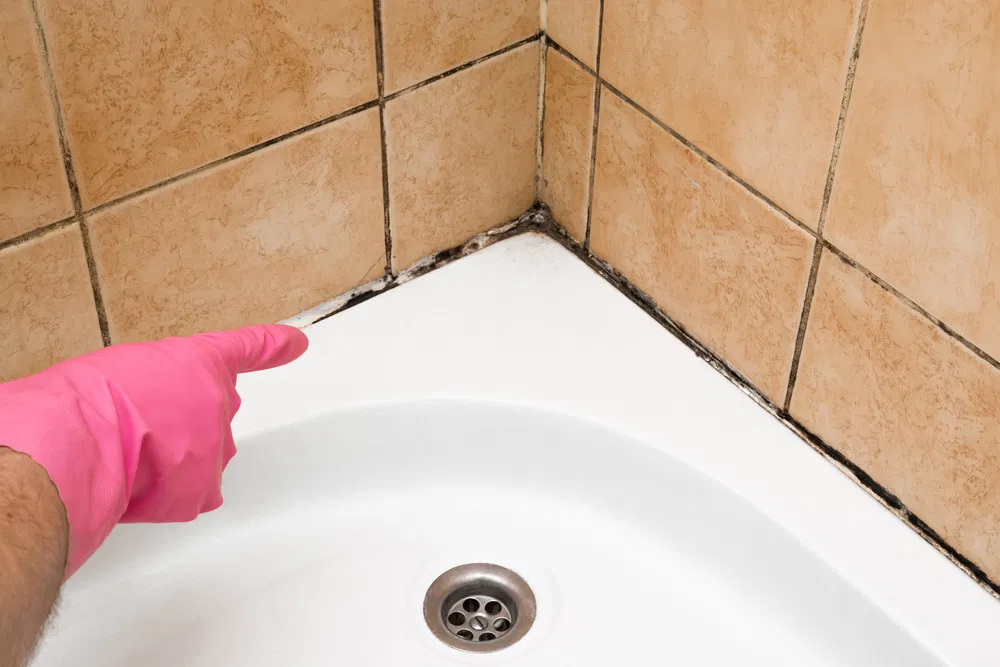
Proper refuse management is a critical part of house inspections under the Housing Health and Safety Rating System (HHSRS). Ensuring compliance with refuse guidelines protects tenant health, prevents property damage, and keeps landlords on the right side of the law.
In this comprehensive guide, we’ll explain the key refuse management practices to align with HHSRS requirements, providing landlords with practical steps to maintain clean, safe rental properties.
Why Refuse Management Matters for HHSRS Compliance
1. Tenant Health and Safety
Poor refuse management can lead to serious health hazards, including:
- Pest infestations: Rodents, flies, and cockroaches thrive in environments with improperly disposed waste.
- Bacterial contamination: Accumulated garbage promotes the growth of harmful bacteria.
- Airborne risks: Decomposing waste releases harmful gases, causing unpleasant odors and respiratory issues.
2. Legal Obligations for Landlords
The HHSRS requires landlords to assess and mitigate risks in rental properties, including those related to refuse. Non-compliance could lead to enforcement notices, fines, or legal disputes.
3. Improved Property Standards
Proper waste management maintains property value, reduces complaints, and enhances tenant satisfaction, making your rental property more desirable.
Key Challenges in Refuse Management
1. Insufficient Bin Capacity
A lack of adequate bins often leads to waste overflow, creating unhygienic conditions.
2. Tenant Miscommunication
Tenants may not understand proper waste disposal practices, resulting in contamination of recycling bins or incorrect waste disposal.
3. Irregular Waste Collection
Infrequent or missed waste collection schedules can cause waste buildup and pest infestations.
4. Space Limitations
Small properties or shared housing often struggle to accommodate appropriate refuse storage areas.
HHSRS Refuse Guidelines for House Inspections
1. Provide Adequate Waste Storage Facilities
- Supply bins for general waste, recycling, and food waste.
- Ensure bins are pest-proof, durable, and appropriately sized for the number of tenants.
2. Ensure Proper Waste Segregation
- Educate tenants about separating recyclables, compostable materials, and general waste.
- Clearly label bins to prevent confusion.
3. Maintain Waste Storage Areas
- Allocate a designated, ventilated space for bin storage away from living areas.
- Keep storage areas clean and well-organized to avoid attracting pests.
4. Schedule Regular Inspections
- Conduct periodic checks to ensure compliance with refuse management policies.
- Address tenant complaints or visible issues promptly.
5. Collaborate with Waste Collection Services
- Partner with local authorities or private collection services for regular pickups.
- Monitor collection schedules to avoid delays or missed services.
Practical Tips for Effective Refuse Management
1. Use Visual Aids
Place posters or signage near bins to guide tenants on proper waste disposal practices.
2. Educate Tenants
Organize an onboarding session or provide a manual explaining refuse management policies to new tenants.
3. Monitor Waste Levels
Regularly inspect bin levels to ensure they are not overflowing, and adjust collection frequency if needed.
4. Implement Recycling Incentives
Encourage tenants to recycle by offering small incentives or rewards for proper waste segregation.
5. Utilize Smart Waste Solutions
- Use sensor-enabled bins to monitor waste levels in real time.
- Install compactors in properties with limited space to optimize waste storage.
Benefits of Compliance with HHSRS Refuse Guidelines
1. Healthier Living Environment
Tenants are less likely to experience health problems when waste is managed effectively.
2. Reduced Maintenance Costs
Proper waste management minimizes the risk of pest infestations and damage to property infrastructure.
3. Legal Peace of Mind
Compliance with HHSRS guidelines ensures landlords avoid fines and enforcement actions.
4. Improved Tenant Relations
Clean and organized waste management fosters tenant satisfaction and trust.
How HMO Horizon Supports Refuse Management
At HMO Horizon, we specialize in helping landlords achieve compliance with HHSRS refuse guidelines. Our services include:
1. Property Inspections
We conduct thorough inspections to identify waste management issues and recommend improvements.
2. Tailored Waste Management Plans
Our team provides customized solutions to address specific challenges in your rental property.
3. Tenant Education Programs
We offer training and educational resources to help tenants understand their role in refuse management.
4. Compliance Monitoring
Our ongoing support ensures your property continues to meet HHSRS standards.
Contact HMO Horizon today at 07872076460 or visit our website to learn more about our services.
Conclusion
Effective refuse management is essential for maintaining compliance with HHSRS guidelines, protecting tenant health, and preserving property standards. By adopting proper waste disposal practices, landlords can create a safer, cleaner environment for their tenants.
For expert assistance with refuse management and HHSRS compliance, trust HMO Horizon. Call us at 07872076460 to get started today.
FAQs
1. What are the key HHSRS guidelines for refuse management?
HHSRS guidelines emphasize providing sufficient waste storage, proper segregation, regular inspections, and timely waste collection.
2. How can landlords educate tenants about waste management?
Landlords can use posters, provide manuals, or hold orientation sessions to explain waste disposal practices.
3. How often should waste storage areas be inspected?
Landlords should inspect waste storage areas at least once a month or more frequently if issues arise.
4. What happens if refuse management guidelines are not followed?
Non-compliance can lead to health hazards, legal penalties, tenant disputes, and property damage.
5. How can HMO Horizon help with HHSRS compliance?
HMO Horizon offers inspections, waste management planning, tenant education, and compliance monitoring to help landlords meet HHSRS standards.